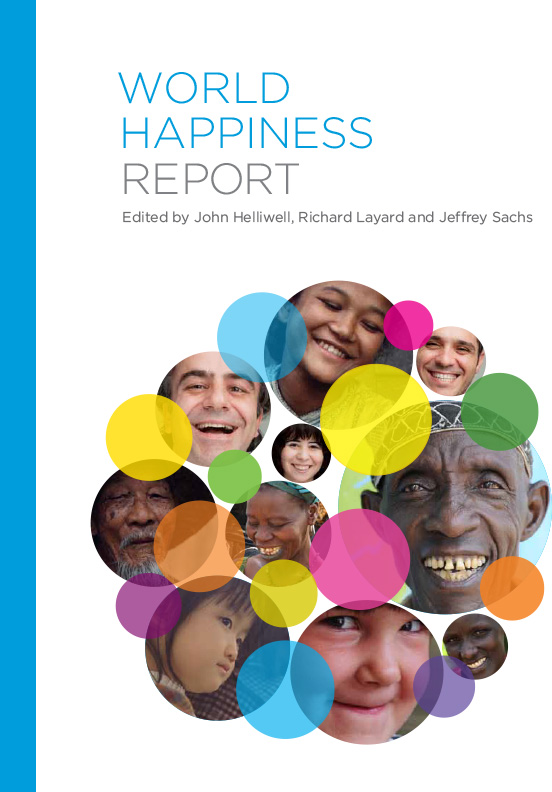The causes of happiness and misery

UN World Happiness Report
Chapter 3 discusses the causes of happiness and misery, based on 30 years of research on the topic. Both external and personal features determine well-being. Some of the important external factors include income, work, community and governance, and values and religion. More “personal” factors include mental and physical health, family experience, education, gender, and age. Many of these factors have a two-way interaction with happiness – physical health may improve happiness, while happiness improves physical health. An analysis of all these factors strikingly shows that while absolute income is important in poor countries, in richer countries comparative income is probably the most important. Many other variables have a more powerful effect on happiness, including social trust, quality of work, and freedom of choice and political participation.